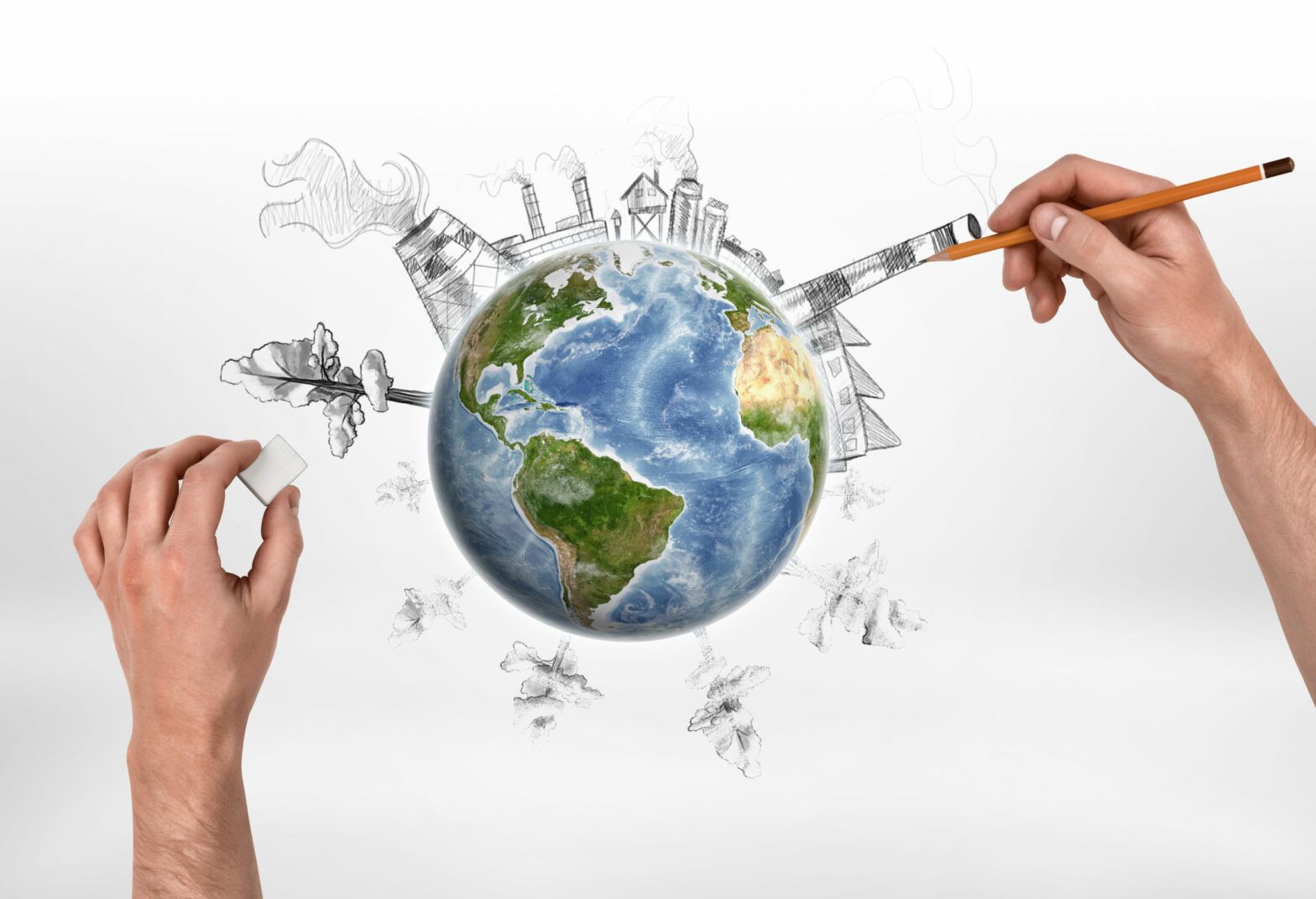A report issued by the UN Economist Network has warned that five human-made megatrends stand in the way of global efforts to ensure a sustainable future and called for urgent policy action to prevent these efforts being thwarted.
These megatrends, identified by a group of chief economists within the United Nations system, are climate change and nature degradation, inequalities, urbanisation, rapid population changes and technological revolution.
The report, Shaping the Trends of Our Time, says it is in the hands of policymakers to ensure these megatrends make a positive contribution to our world over the long term.
However, according to the authors, the progress of the Sustainable Development Agenda is already off-track just five years into implementation, while policy commitments have not translated into policy actions. This could eventually lead to the five megatrends having negative impacts, it warns.
The UN Economist Network calls for a new, holistic way of designing policies of the future, while arguing for greater cooperation across seemingly unrelated areas, such as digitalization, urban planning and energy production.
The economists also warn that without an overhaul of the current disjointed policymaking, the achievement of the 17 Sustainable Development Goals within the 15-year framework is highly unlikely.
See also: – Achieving SDGs 62 years behind schedule
Liu Zhenmin, head of the UN Department for economic and social affairs that led the report preparation, said: “Decades in the making, these megatrends cannot be easily undone or changed in any significant way in the immediate term. But they are the result of human activity, and therefore they can be shaped over time by consistent policies.”
Achim Steiner, administrator of UNDP, warned that global human development is expected to decline this year for the first time since the measure began as a result of the Covid-19 pandemic.
“But as this megatrends report highlights, the pandemic has also moved the frontier of what is possible,” he noted.
“In the face of crisis, countries are making bold choices to rapidly expand social protection, invest in a green economy, and close the digital divide, so that we can build forward better.
“The report also issues a clear warning: recovery from crisis cannot be driven by a zero-sum game of economy versus environment. Rather, this is a once-in-a-generation chance to set things straight between people and the planet.”
For example, the emancipation of women and resulting falling birth rates have led to a slowdown in global population growth. On the one hand, this means greater gender equality, but on the other it will result in a rapidly ageing population.
Such interlinkages, the new report argues, need to be carefully considered in policy design, not only within one megatrend, but across all of them.
“Because each megatrend also affects the other megatrends, policy interventions in one area can generate positive and mutually reinforcing impacts in another,” said Zhenmin.
The report stressed that international cooperation, and the United Nations, have a crucial role in framing the responses to these global megatrends, by encouraging domestic political consensus for sustained action. It also notes the UN is in a position to assist in mobilizing the global support needed for individual countries, particularly those with fewer resources.








